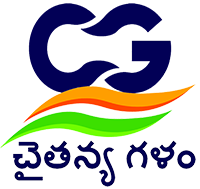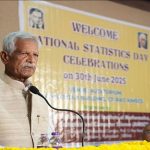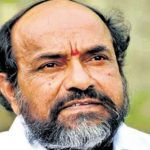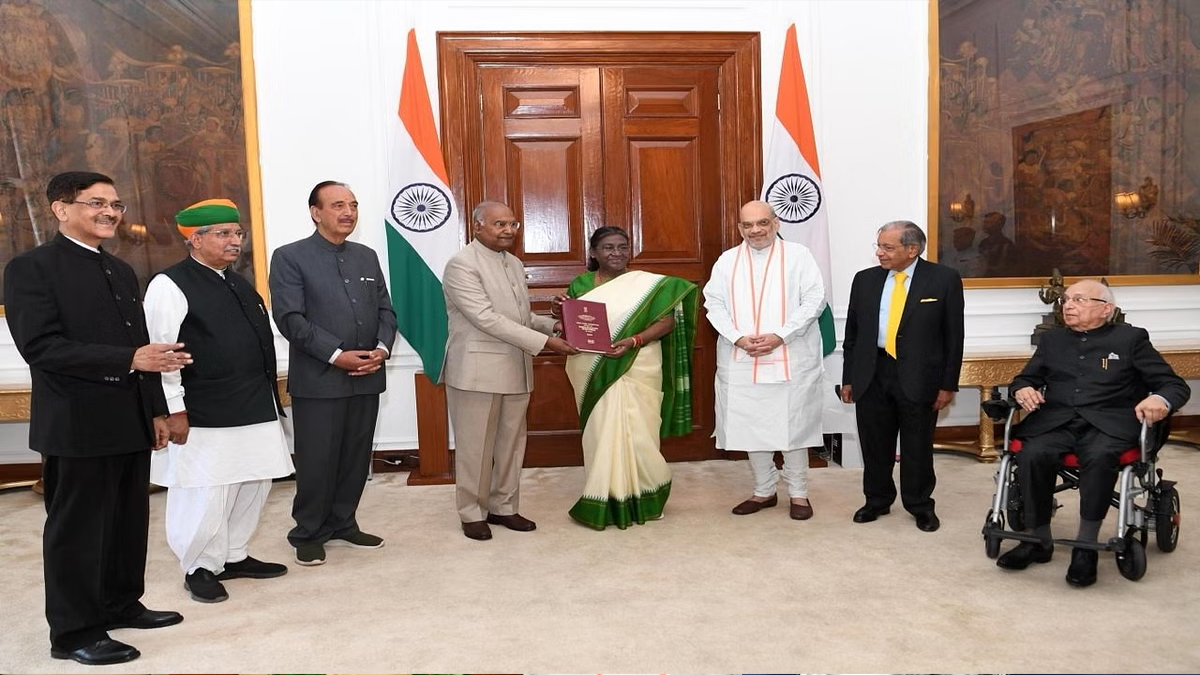The Ramnath Kovind panel submitted its report on ‘One Nation One Election’ to President Draupadi Murmu on Thursday.
One Nation One Election: A high-level committee headed by former President Ram Nath Kovind has reportedly recommended amending the last five articles of the Constitution to hold simultaneous elections in the country. The report contains 18,626 pages.
The Kovind-led high-level committee on ‘One Nation, One Election’ was set up in September 2023 to examine and make recommendations on holding simultaneous elections for the Lok Sabha, state assemblies, municipalities and panchayats. According to the committee, since its formation on September 2 last year, they have consulted with stakeholders and experts and conducted research work.
One Nation One Election: This is Kovind Panel’s suggestion
According to the Kovind panel, Lok Sabha and state assembly elections can be held simultaneously in the first phase, followed by local body elections in the second phase within 100 days.
In case of a hung House, no-confidence motion, fresh elections can be held for the remaining five-year term, the Kovind panel has suggested.
For the first simultaneous elections, the tenure of all the State Assemblies may be for the period ending with the next Lok Sabha elections.
The Election Commission will prepare a voter list, voter identity card in consultation with the state election authorities for Lok Sabha, Assembly, local body elections.
The Kovind panel has recommended increasing equipment, manpower and security forces to hold simultaneous elections.
The Kovind-led committee has submitted its One Nation One Election report at a time when India’s election panel body is expected to announce the schedule of Lok Sabha elections 2024.
Apart from Kovind, other members of this committee are Home Minister Amit Shah, former leader of opposition in Rajya Sabha Ghulam Nabi Azad, former Finance Commission Chairman NK Singh, former Lok Sabha General Secretary Subhash Kashyap and senior lawyer Harish Salve.
Congress leader in Lok Sabha Adhir Ranjan Choudhary was also made a member of the panel, but he refused, terming the committee as a complete fraud.
BJP MP and Union Law Minister Arjun Ram Meghwal is a special invitee to the panel.
Meanwhile, Prime Minister Narendra Modi chaired a high-powered committee to select election commissioners and will meet on Thursday, March 14, to finalize the names of two new election commissioners.
However, the Supreme Court has agreed to hear on Friday petitions challenging the appointment of a new Election Commissioner under the new law.
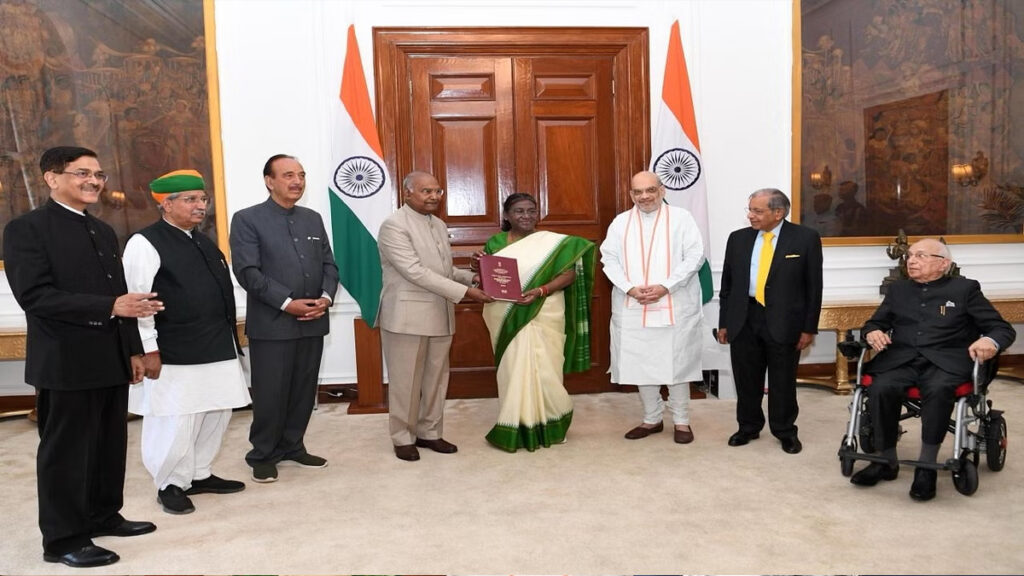
NGO Association for Democratic Reforms (ADR) filed a petition in the Supreme Court challenging the Chief Election Commissioner and Other Election Commissioners Act, 2023, which removed the Chief Justice of India from the selection panel of election commissioners.
The petitions challenge the new Election Commissioner Act, which has removed the Chief Justice of India from the selection panel for appointment of Chief Election Commissioners (CEC) and other Election Commissioners (EC).
The petitions said the Act excludes the Chief Justice of India from the process of appointing ECI members and is in violation of the top court’s March 2023 judgment, which had ordered that ECI members be appointed. The advice of a committee consisting of the Prime Minister, the CJI and the Leader of the Opposition in the Lok Sabha until a law is made by Parliament.
The petition says that by excluding the CJI from the process, the decision of the Supreme Court has been weakened.
He sought directions to the Center to include the Chief Justice of India in the selection committee for appointment of the CEC and EC, which currently consists of the Prime Minister, the Leader of the Opposition in the Lok Sabha and a Union Cabinet Minister nominated by him. Prime Minister.
President Draupadi Murmu on 28 December 2023 gave his assent to the Chief Election Commissioner and other Election Commissioners (Appointment, conditions of service and term of office) Bill 2023.
